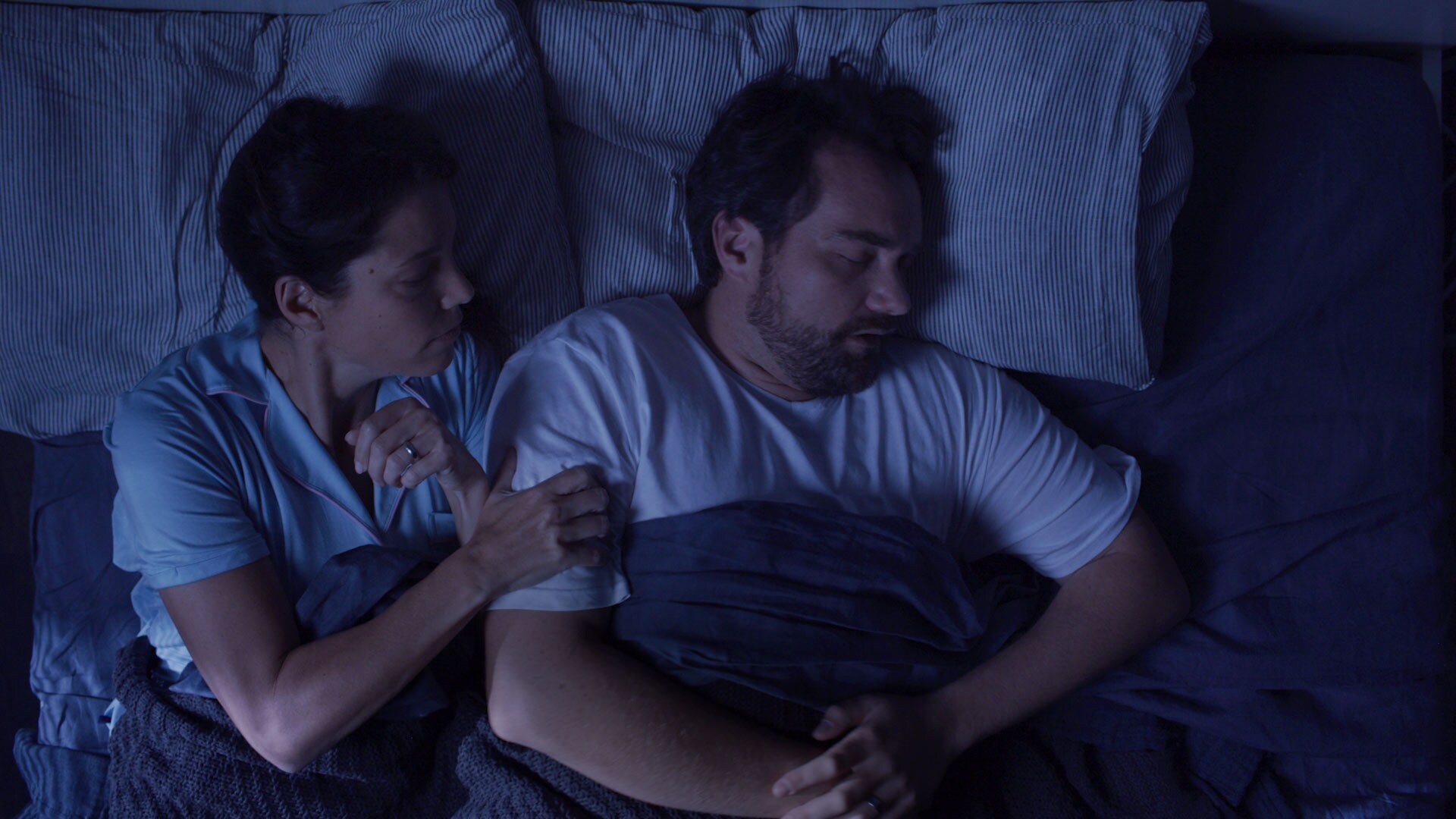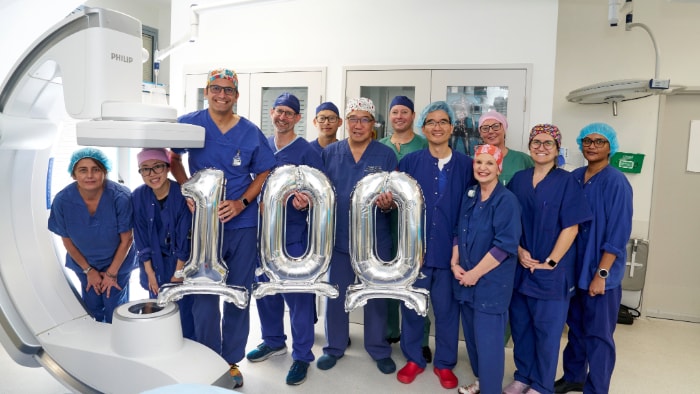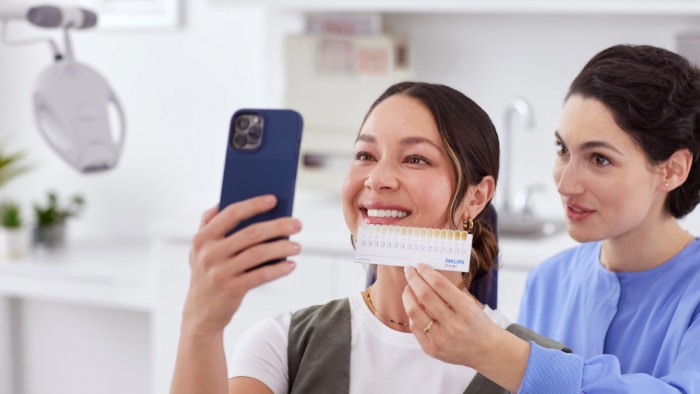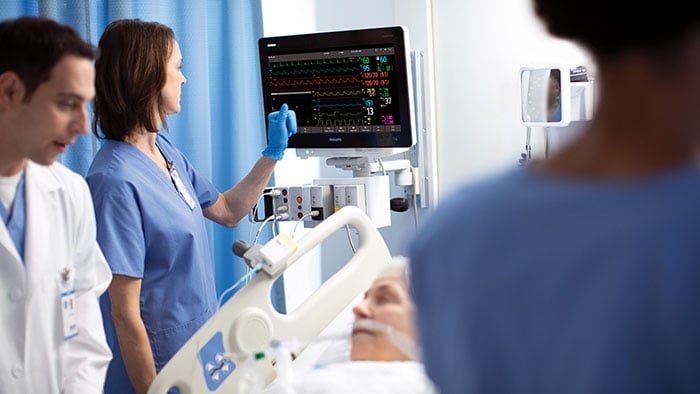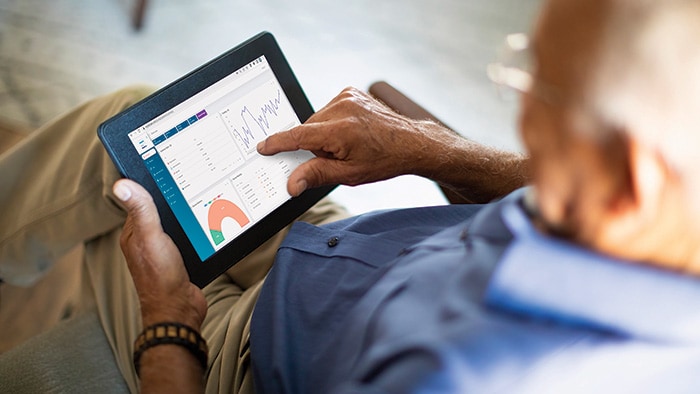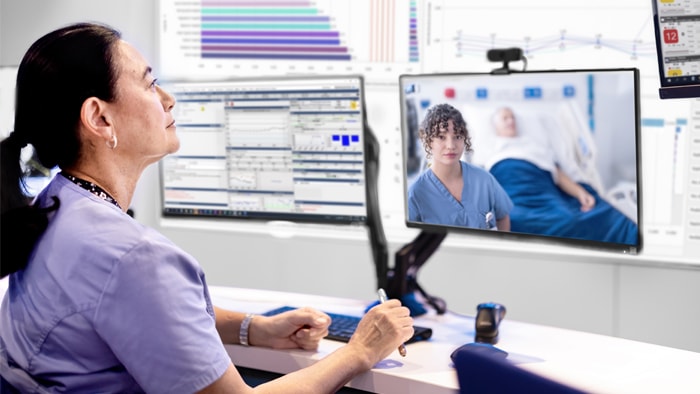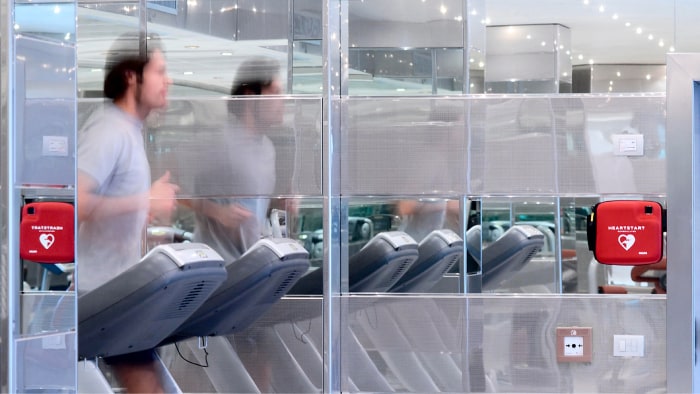Mar 20, 2019
Is sleep apnoea affecting your relationship?
New research from Philips identifies a link between sleep disorders and relationship issues, urging Australians to wake up and get tested for sleep apnoea.
Sydney, Australia – A recent study*, commissioned by Royal Philips (NYSE: PHG; AEX: PHIA), revealed disrupted sleep can cause tension and impact significant relationships, and also be a sign of sleep apnoea. Philips latest research revealed over one-third (33%) of Australian respondents have a partner who demonstrates or has demonstrated symptoms of sleep apnoea (snoring and pauses in breathing), yet almost half (49%) did not recommend they get tested for the condition.
The importance of testing for sleep apnoea
Sleep expert, Dr Carmel Harrington, said that this figure is cause for concern and she urges sufferers and their bed partners to take the time to find out whether they actually suffer from the condition, and if so, to seek treatment. “When someone suffers from sleep apnoea, their sleep is very fragmented leaving them exhausted and completely unrefreshed even after eight hours of sleep. Because of the enormous strain this puts on the body, if left untreated sleep apnoea can put you, or your loved one, at risk of a number of serious conditions including cardiovascular disease, diabetes, high blood pressure and stroke. “While snoring is an annoyance to the bed partner, and can cause them disrupted sleep, it may be the sign of the more serious disorder, sleep apnoea. This is especially so if the snoring is accompanied by pauses in breathing or waking up gasping for air and such symptoms should definitely trigger a visit to the doctor.” Diagnosing and treating sleep apnoea impacts not only the sufferer but those close to them as well. With 58% of Aussie respondents who experience disrupted sleep because of a partner admit to feeling jealousy, resentment and/or anger towards them, it is clear that that poor quality or lack of sleep can impact relationship.
Sleep apnoea can take its toll on your relationship
When either or both partners in a relationship are feeling fatigued, the majority (66%) of those surveyed are more likely to watch TV rather than talk about their day with their partner (13%) or make the effort to enjoy a romantic dinner with their partner (3%). Psychotherapist and relationship counsellor, Melissa Ferrari, says that while it may be difficult to discuss with your partner, having an honest conversation about sleep quality could improve your physical and mental health as well as your relationship. “A lack of sleep makes us grumpy, leads to arguments, creating friction in relationships. The partners of people with sleep apnoea are at risk of, and often do, become clinically sleep deprived due to having their sleep constantly disrupted,” “This disruption to our sleep patterns often ends with a decision made to sleep in separate beds, which can lead to an emotional withdrawal from each other, potentially triggering abandonment issues and a break down of connection.” “My advice is as soon as a lack of sleep is becoming an issue, or you have detected a potential sleeping disorder in either yourself or your partner, as a priority speak with your partner, discuss the impact it is having on you both individually and as a couple and seek treatment before fatigue has a negative impact on your relationship.”
Know the signs of sleep apnoea
If you or someone you know snores regularly and has one or more of the following symptoms, it may be Obstructive Sleep Apnoea (OSA). OSA often referred to as simply sleep apnoea, is a condition in which a person stops breathing repeatedly during sleep. Sleep apnoea affects 5-10% of adults in Australia, although the number is difficult to quantify as about 80% of Australians affected by sleep apnoea are undiagnosed1 To find out, take the sleep apnoea symptoms quiz here. 1 Young T, et al. Epidemiology of obstructive sleep apnoea: a population health perspective. AJRCCM 2002;165:1217-1239.
About the research
Philips commissioned research to address the impact a partner’s disrupted sleep can have on a relationship and help educate Australians on the symptoms of sleep apnoea. Commissioned by Pure Profile on behalf of Philips, research was conducted online in February 2019 using a sample of 1,000 Australians. Respondents were gathered Pure Profiles database of over 250,000 Australians from all six states, ranging from 25-65+, both male and female respondents.
About Royal Philips
Royal Philips (NYSE: PHG, AEX: PHIA) is a leading health technology company focused on improving people's health and enabling better outcomes across the health continuum from healthy living and prevention, to diagnosis, treatment and home care. Philips leverages advanced technology and deep clinical and consumer insights to deliver integrated solutions. Headquartered in the Netherlands, the company is a leader in diagnostic imaging, image-guided therapy, patient monitoring and health informatics, as well as in consumer health and home care. Philips' health technology portfolio generated 2016 sales of EUR 17.4 billion and employs approximately 73,000 employees with sales and services in more than 100 countries. News about Philips can be found at www.philips.com/newscenter.
Topics
Contacts

Albertine Schor Brand and Communications Manager Tel: +61 (02) 9947 0040
